Border crossings don’t have to feel like walking through a minefield. The difference between a nightmare experience and a routine checkpoint often comes down to preparation—though sometimes it’s just luck of the draw with which agent you encounter.
Most travelers learn these lessons through trial and error, usually after something goes wrong. Here is a list of 17 border-crossing tips that veteran travelers swear by to avoid delays and complications.
Have All Documents Ready and Accessible

Your passport needs to live in an easily accessible pocket, not buried beneath three layers of luggage. Border agents process hundreds of people daily, and they’ll remember the traveler who fumbles around for five minutes looking for basic documents.
That six-month validity rule isn’t just a suggestion either—many countries will turn you away with less remaining time, even if your visa is still valid. Smart travelers keep physical or digital photocopies stored separately, though hopefully, you’ll never need them.
Research Entry Requirements Beforehand
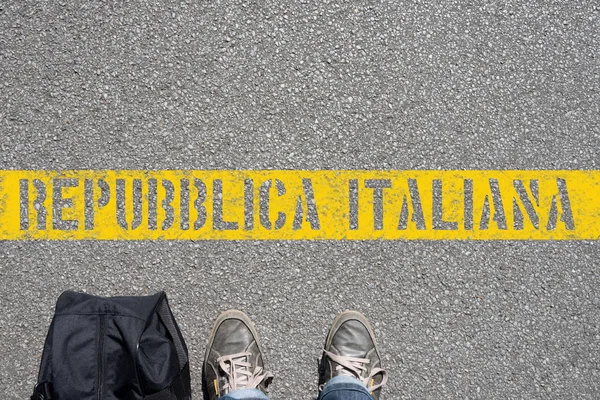
Embassy websites contain the most current entry requirements, which change more frequently than you’d expect. Some countries demand proof you’re planning to leave, while others require specific vaccinations or insurance coverage that costs more to obtain at the last minute.
Your buddy’s smooth entry last month doesn’t guarantee the same rules apply to your situation today. Requirements can shift based on your nationality, passport type, or even current political tensions.
Like Travel Pug’s content? Follow us on MSN.
Dress Like You Respect the Process

Clean clothes and basic grooming send a message that you take border crossings seriously. Agents make snap judgments within seconds of seeing you, and looking like you just rolled out of bed after a three-day bender won’t help your cause.
Skip the political t-shirts, excessive jewelry, or anything that screams ‘search me’ to security personnel. You want to blend in with business travelers, not stand out like someone with something to hide.
Declare When Unsure
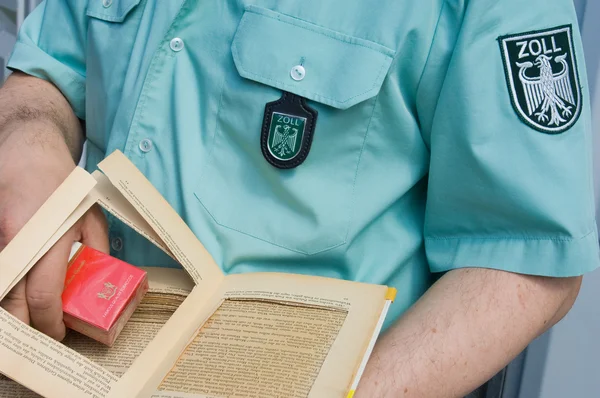
Customs violations carry hefty fines that dwarf the cost of declaring questionable items. The ‘nothing to declare’ line moves faster, but getting caught with undeclared goods can ruin your entire trip—and possibly future travel plans. Cash limits vary wildly between countries, and combining different currencies toward that total catches many travelers off guard.
Prescription medications often require documentation, especially controlled substances that are legal in your home country.
Keep Purchase Receipts for Expensive Gear

That fancy camera or laptop might trigger questions about whether you bought it abroad to avoid import duties. Customs agents see travelers trying to sneak purchases past them daily, so they’re naturally suspicious of expensive electronics without proof of prior ownership.
Your home country’s customs registration program can prevent these headaches entirely if you register items before departing. Phone photos of receipts work as backups, though physical copies carry more weight during disputes.
Like Travel Pug’s content? Follow us on MSN.
Leave Prohibited Items at Home
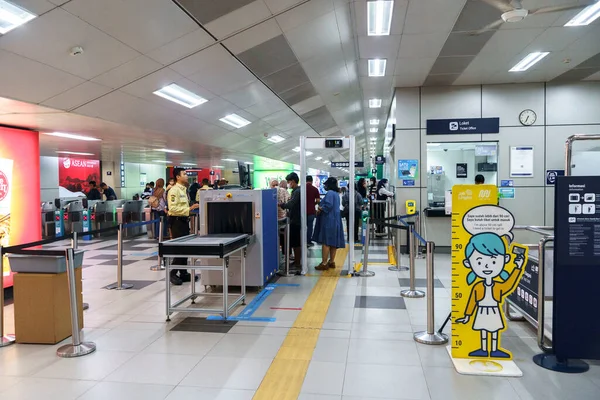
Every country maintains different lists of banned items, and ignorance won’t get you out of trouble. Food restrictions are particularly tricky—that innocent-looking apple from your airline meal could result in a significant fine in Australia. Certain medications legal in your home country might be completely banned elsewhere, while some countries prohibit specific books, movies, or cultural items.
When in doubt, leave it behind rather than risk confiscation or legal complications.
Answer Questions Simply and Directly

Border agents are trained to spot deception, so elaborate explanations often backfire spectacularly. Keep responses brief and stick to exactly what they asked—volunteering extra information can lead down rabbit holes you don’t want to explore. If you don’t understand the question, ask for clarification rather than guessing what they want to hear.
Contradictory answers will definitely result in additional scrutiny, so think before speaking.
Bring Proof of Plans and Accommodation

Hotel confirmations and return flight details demonstrate you’re a legitimate visitor with concrete plans to leave. Staying with friends requires their contact information and possibly invitation letters, depending on the country’s requirements. Some destinations want to see bank statements or credit cards proving you can support yourself financially.
These documents show immigration officers that you’ve planned your trip properly and aren’t likely to overstay or work illegally.
Like Travel Pug’s content? Follow us on MSN.
Carry Sufficient Money for Your Visit
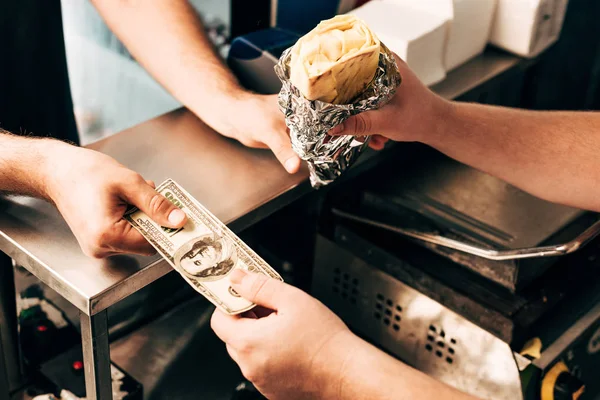
Immigration officials sometimes ask about financial resources to ensure you won’t become a burden on their social services or work illegally to survive. Required amounts vary significantly—some countries specify daily minimums while others want proof of overall financial stability.
Credit cards and bank statements work as documentation, though some locations still prefer cash or traveler’s checks. Research specific requirements beforehand, since running short can result in denied entry.
Learn Basic Local Greetings

A simple ‘hello’ in the local language shows respect and often softens interactions with border officials. Even butchered pronunciation usually earns you points for trying, while speaking only English can come across as arrogant in some locations. Basic politeness words like ‘please’ and ‘thank you’ go surprisingly far in creating positive first impressions.
Don’t worry about perfection—the effort itself matters more than flawless grammar.
Time Your Arrival Strategically

Many border crossings operate with skeleton crews during nights, weekends, and holidays, leading to longer waits and fewer services. Arriving during peak staffing hours usually means faster processing and access to supervisors if problems arise. Remote crossings might have very limited hours or require advance notice for processing.
Some locations close entirely on certain days, leaving travelers stranded until regular operations resume.
Like Travel Pug’s content? Follow us on MSN.
Separate Business and Personal Documents

Mixing work and tourism paperwork confuses immigration officers and can violate visa terms. Business travelers need proper work visas and company documentation kept separate from personal items. Some countries strictly prohibit any business activities on tourist visas, so clarity about your travel purpose is essential.
Keep leisure documents clearly organized and distinct from work-related materials to avoid unnecessary complications.
Stay Patient and Courteous

Border agents deal with difficult people all day, so maintaining composure sets you apart positively. Long lines and thorough questioning are part of their job—taking frustrations out on them will only make your situation worse. Showing appreciation for their work can turn potentially negative encounters into routine interactions.
Remember that security procedures exist for everyone’s protection, including yours.
Know Your Rights Without Being Confrontational
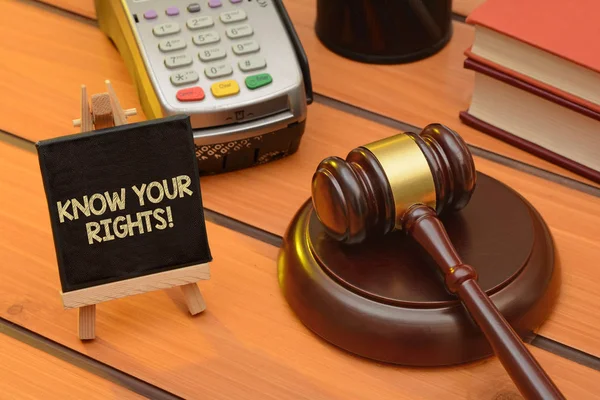
Understanding standard procedures versus overreach helps you recognize when something’s wrong, but choose your battles carefully. Aggressive assertion of rights often backfires during border crossings, where agents have significant discretionary power.
Document questionable interactions for later follow-up through proper channels rather than escalating situations at the moment. Cooperation generally leads to faster resolution than confrontation.
Like Travel Pug’s content? Follow us on MSN.
Keep Emergency Contacts Accessible
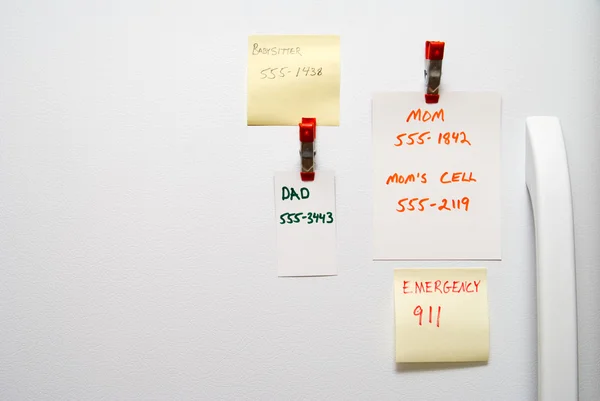
Embassy phone numbers, travel insurance contacts, and emergency information become crucial when serious problems arise. Save these numbers in your phone and write them down separately in case devices fail or get confiscated. Include time zone information, so you know when offices are likely to be staffed.
Your travel insurance company can assist with unexpected delays or document problems.
Understand Currency Declaration Rules

Cash declaration requirements typically kick in around $10,000 or equivalent, but this includes all currencies combined. Many travelers forget to count different denominations together when calculating totals. Both departure and arrival countries may have different thresholds and penalties for non-compliance.
Failing to declare the required amounts can result in cash seizure and criminal charges that follow you for years.
Pack for Easy Inspection
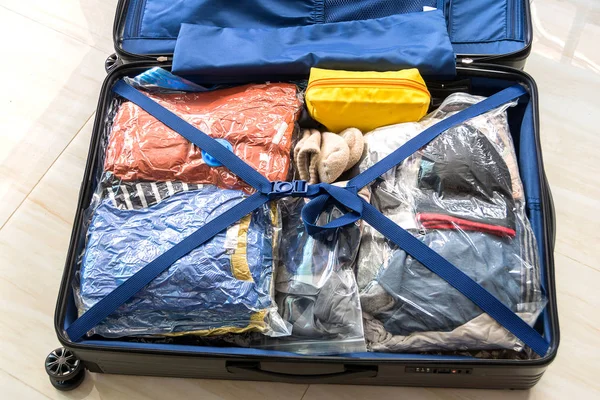
Well-organized luggage suggests you’re an experienced traveler rather than someone trying to hide prohibited items. Keep commonly inspected items like electronics, liquids, and medications easily accessible without unpacking everything else. A separate clear bag for items requiring additional screening speeds up the process considerably.
Customs agents appreciate travelers who make their jobs easier and often reciprocate with faster processing.
Like Travel Pug’s content? Follow us on MSN.
Adapting to Modern Border Reality

Technology continues to reshape international border crossings through biometric systems, automated kiosks, and pre-clearance programs that expedite legitimate travel. These innovations reward prepared travelers while maintaining security standards that keep everyone safer. The fundamentals remain unchanged, though—proper documentation, respectful behavior, and honest communication still determine whether crossing borders becomes routine or nightmarish.
Smart travelers adapt to new systems while maintaining the courteous professionalism that opens doors worldwide.
More from Travel Pug

- 20 Best Beach Towns in the Carolinas
- 13 Destinations Where Tourists Regularly Regret Their Trip
- 20 Destinations That Are More Magical Without an Itinerary
- 20 Underrated Adventures That Belong on Your Travel List
- 20 Cities Where You Should Just Wing It, No Planning Required
Like Travel Pug’s content? Follow us on MSN.w us on MSN.N.
